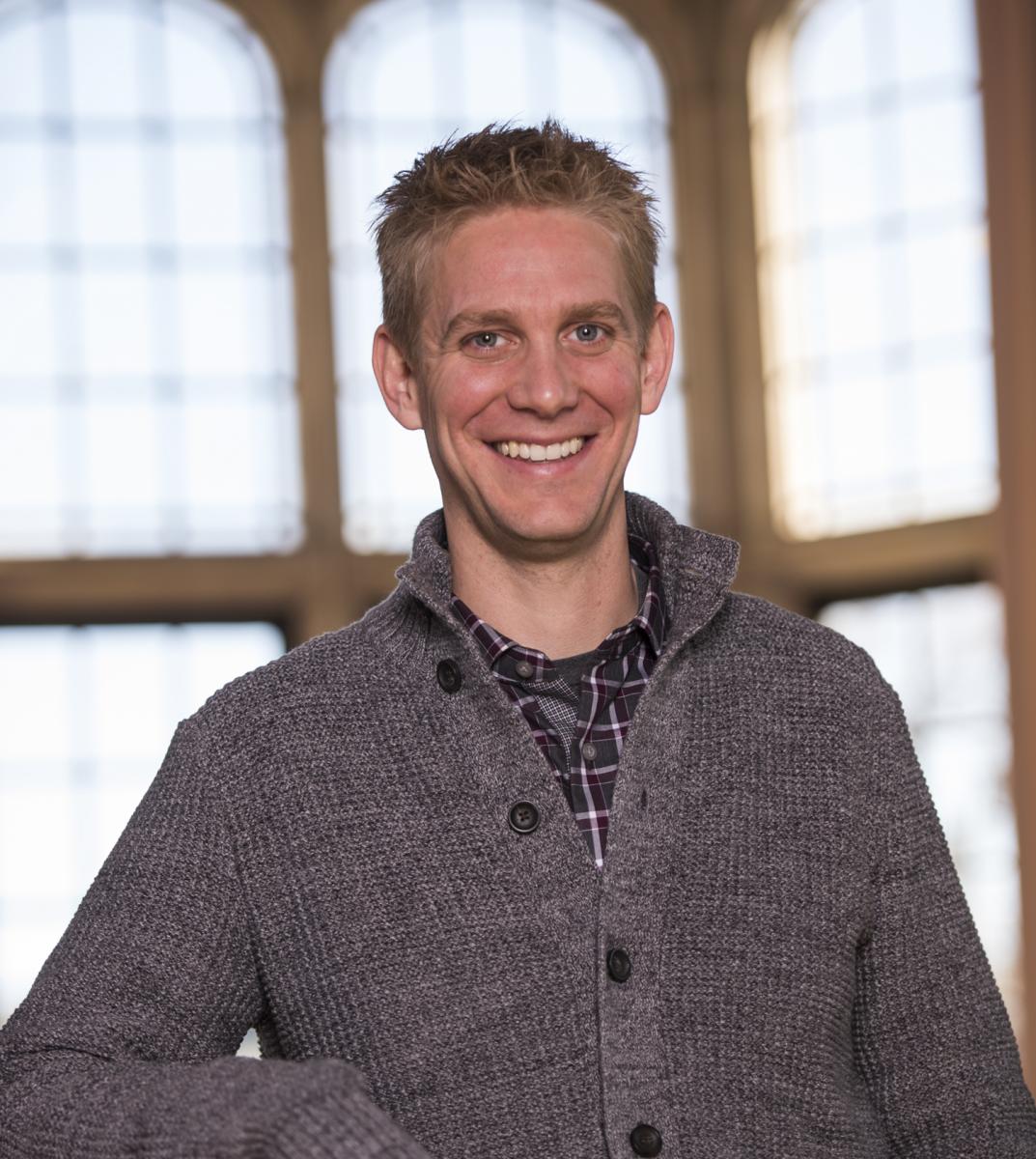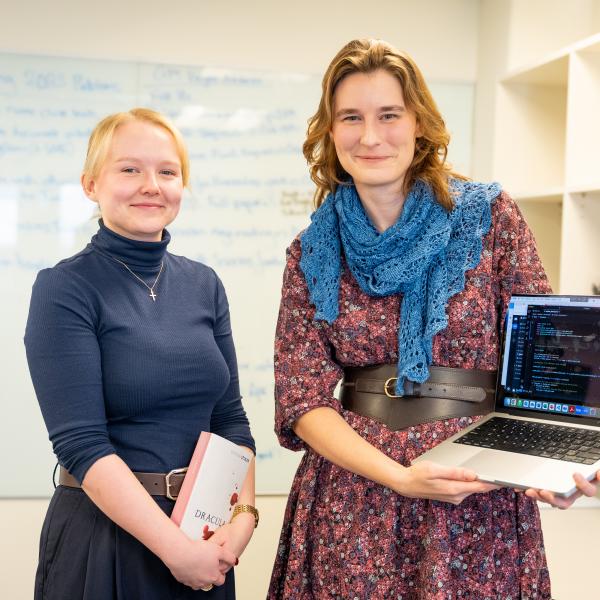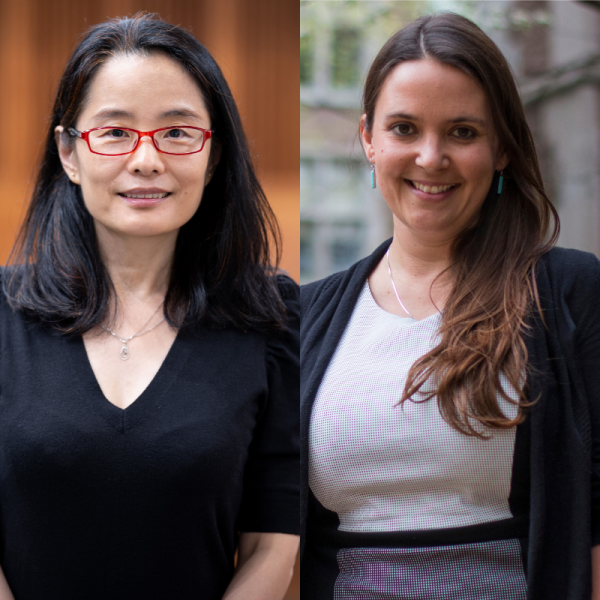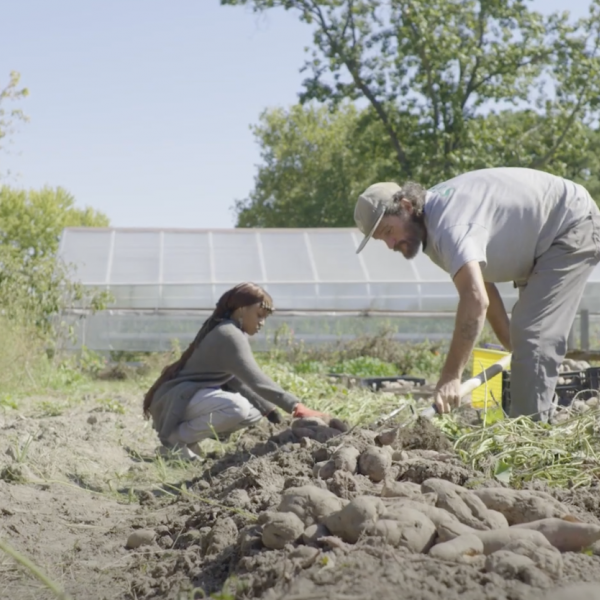Abram Van Engen begins a two-year position aimed at strengthening existing interdisciplinary programs and building new opportunities for students to integrate their learning.
Dean Feng Sheng Hu recently announced the appointment of Abram Van Engen, associate professor of English, as dean’s fellow for educational innovations and initiatives. "Washington University is well positioned to be a national leader in undergraduate education," said Hu. "As we continue to develop this area of strength, Professor Van Engen will be tasked with envisioning and developing new joint programs across disciplines and schools."

Broadly, Van Engen views the role as “working on integration of educational initiatives across different schools and thinking about how big problems often require solutions that involve more than one discipline and more than one school.” His focus this semester is developing a lay of the land for the innovative education avenues WashU already offers – such as 3-2 master’s programs, interdisciplinary courses, and specialized undergraduate programs – and to ensure students know about and can access these opportunities from the beginning of their WashU careers. “One of the goals of the role,” said Van Engen, “is to bolster the programs that already exist and build new ones that lead directly from, say, Arts & Sciences undergraduate majors into professional programs that we already have on campus.”
The Beyond Boundaries course “Morality and Markets,” co-taught by Van Engen and Peter Boumgarden from the Olin Business School, provides one example of the type of undergraduate opportunity that may be used as a model for future efforts. The Beyond Boundaries program offers a cohort of WashU first-years the chance to take courses across undergraduate schools, focusing on understanding societal challenges from multiple perspectives. Van Engen highlighted two primary strengths that the courses in this program offer. First, there is clear value in witnessing professors from different schools “take on the same issue from their different angles, and to do it together,” Van Engen noted. “We’ve given presentations about this class to various CEOs of different companies, and they love the idea of the course, and they love the idea that people are getting English along with business ideas to think through ethical scenarios and think more broadly about morality in the marketplace.”
More subtly, the students themselves offer diverse perspectives to one another. Van Engen loves “to be able to bring students from different schools within the university together in the same course and have them meet and discuss big ideas, already with their different proclivities and angles of vision. It just makes everyone a better thinker. And that’s really what this is about: making everyone a better thinker, and a better doer.”
However, not every course needs to be structured this way. “Interdisciplinary is not anti-disciplinary,” Van Engen said, and he is mindful that “students passing from discipline to discipline need a guiding hand to bring together these disciplines in their own thinking.”
American Culture Studies, which Van Engen directed for a year, puts this philosophy into practice. “American Culture Studies ends in this incredible capstone experience, where you bring together the learning you’ve done in different courses and disciplines, and you build out a major project that is carefully mentored in courses designed for everyone who is doing these capstones. In your senior year you end with a final product that is often quite remarkable.” The idea of in-depth, single-discipline courses, punctuated by instruction specifically in synthesizing different areas of knowledge toward meaningful projects, will hopefully become a foundation in future programs.
One area of expansion that excites Van Engen is collaboration not just between the schools but between Arts & Sciences and students’ careers. “We also hope to involve places like the Career Center,” Van Engen said, “and think through what internships and projects might look like that flow smoothly from capstone projects into careers that people are passionate about.”
Van Engen has the support of faculty and other leaders across the university as these initiatives take shape. “I have a lot of people who are eager to see this kind of thing done at WashU,” Van Engen said. “There are a lot of ideas on the table, and the end goal of this semester is to bring those ideas together and present a concrete proposal about steps moving forward.”




